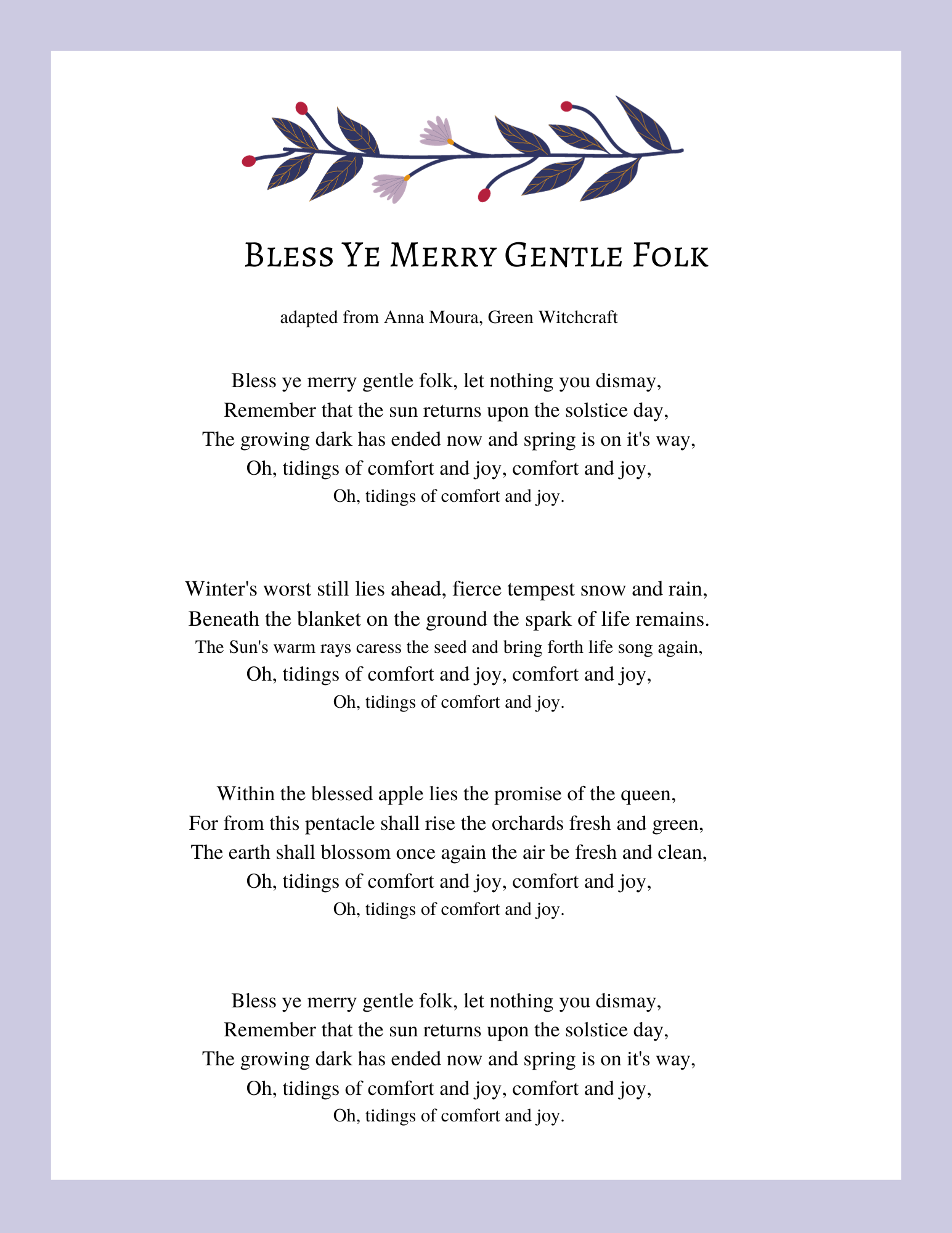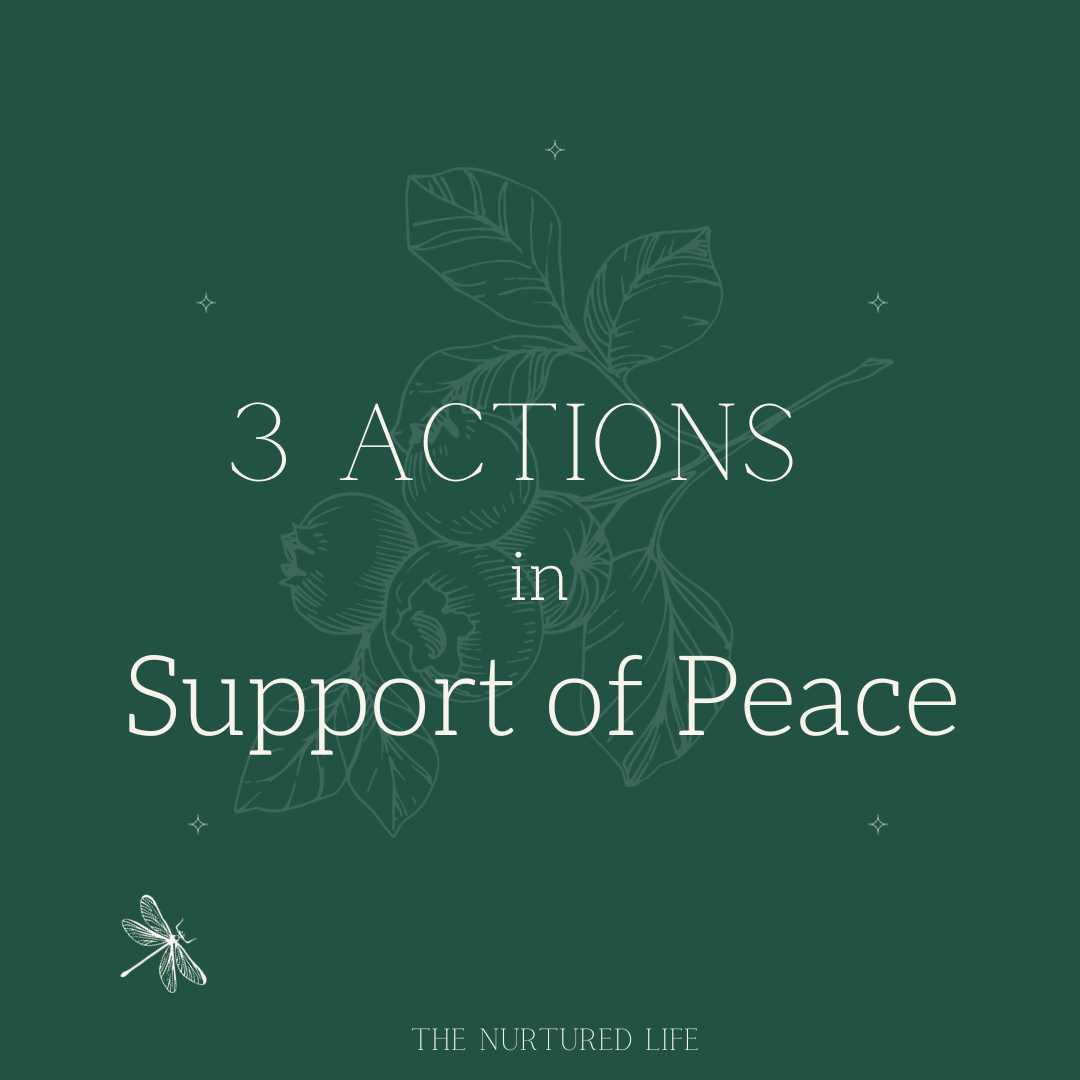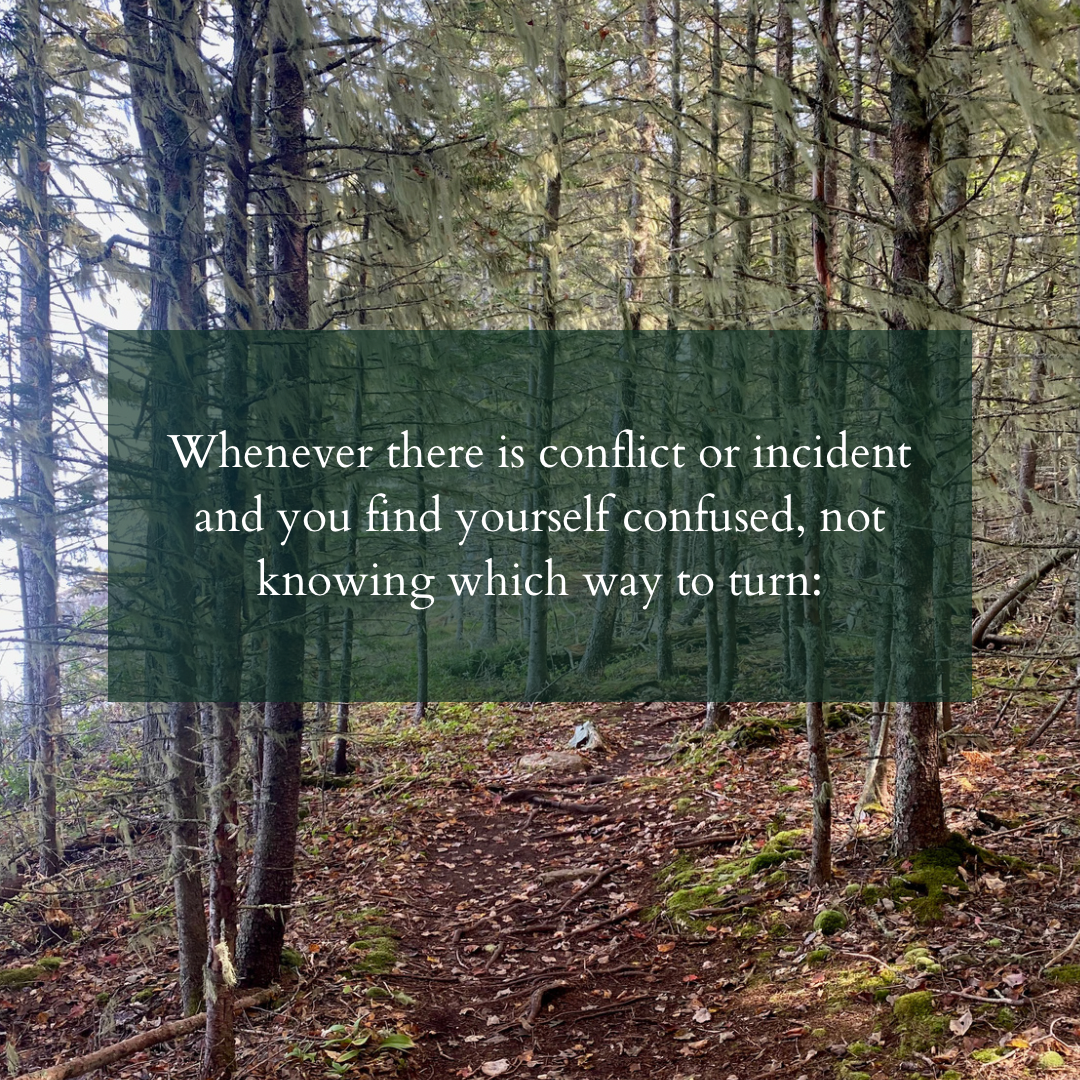Maybe you are feeling less festive this year. That would make sense. The human world has been perpetuating particularly awful atrocities and we have borne witness to many of them. Some of us have struggled to bring an end to this human-on-human violence and our struggles continue, and will, for a very long time. We live in a polyconflict era. Really, we humans have been pushing the conflicts through the generations for some time. Pushing troubles into the future, and now, many of them ( ecological, political, social, economic) are too big to push further. And, its been years of these conflicts disrupting the lives. Lives we had become accustomed to living with these conflicts simmering rather than boiling over. These boiling-overs, though, have captured more of our collective attention. And, now we are more aware. We collectively see suffering where before we had not. More of us are committing to be a part of making the world a better place.
And, while it can feel weird to be festive and celebratory while holding such deep suffering for the world, I encourage you to stay with and explore that feeling.
Maybe it is valid. Maybe you have realized you were celebrating something not in alignment with who you were, or who you are becoming. That is very valuable to investigate. Rather than not celebrating when we feel this discomfort, lets find out what it is all about.
When we look closely, celebration is not about the exclusion of suffering, it’s inclusive of it. Inclusive of the risk inherent with life. In honor of it. And it recognizes that there are many barriers to peace.
In the late fall long nights, as I celebrate my festival of light, it is not about some perfect joy or some perfect magic. It is about honoring the difficult tasks that have been accomplished to prepare for winter. These celebrations honor that there are barriers to peace. What we celebrate is the light within us that recognizes peace and Love. We celebrate the desire to protect them. Here in the longest nights of the year, we know the winter is coming with its worst still ahead. We prepare ourselves to enter into that worst courageously. Prepare to meet spring again on the other side.
We humans can find so many answers to our own problems by remembering we are part of the greater world, not alone on this planet. The seasons, the plants, the stars, animals, and sea- they all have gifted us so much wisdom. The best way to honor nature in our spirituality is to accept our belonging, that we are part of these wisdoms. It is not just the seasons that are changing, it is us. It is not only the snow and fiercest winds that are coming, it is us again.
Even if your spirituality is not aligned with nature, even if you belong to a more formal religion, it is true that celebrations are about honoring what is good and what is hard. Authentic festivity comes from the embracing and participating in this risk of being alive. We see this in holidays, weddings, birth and death rituals. In all of these we humans, across religions and cultures, find ways to highlight love and its ability to soften the barriers to peace. We know life is hard, but in all these celebrations we recommit to doing the hard things together.
When we listen deeply, we find the meaning within each of these rituals.
They are about our ability to overcome the challenges. And I need more of that every year.
I’ve attached the Intentional Traditions planner below, it is designed to support us in finding intentional and meaningful ways to celebrate what is important to us. May we all have a season that supports us in bringing about more light and interconnection.









